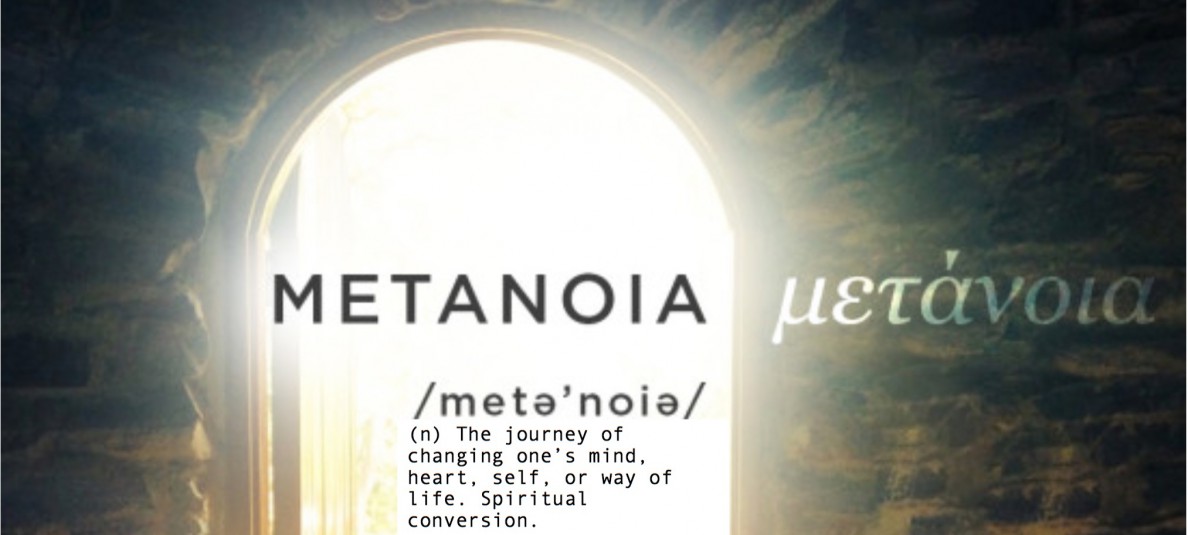Click Here for the Lectionary Texts
By: The Rev. Dr. Marshall A. Jolly
In his commentary on the Book of Hebrews, Tom Long writes, “For those who take ropes and spikes and torches and descend into the murky cave of the Hebrews, there is much about this document we wish we could discover, but our historical lanterns are too dim.”[1] Indeed, Hebrews is something of a mystery for many. The tradition surrounding the writing ascribes its authorship to Paul, but modern Biblical scholars almost unanimously dismiss this claim. It is both similar and different from any other epistle in the New Testament; it’s dense both theologically and linguistically; and the exact audience to which it was written is rather vague. Think about it: addressing a document in the Ancient Near East as “To the Hebrews” is akin to someone today addressing a document “To the North Carolinians.”
Nevertheless, for those willing to meet the challenge, Hebrews offers a depth and richness the likes of which is unsurpassed in the New Testament. Although New Testament scholars may quibble over the precise category into which Hebrews should be assigned, the text is at its heart urgently pastoral and exceedingly timely. We may not know the author’s name, but it is clear that they are a pastor, and there is trouble in the church.
The trouble isn’t situational: nobody appears to be misbehaving, heresy isn’t on the loose among the people, there doesn’t appear to be a rift between the pastor and the people, and there’s no evidence of external persecution threatening harm. It’s far more pervasive than any of that. The trouble is that the people of God have grown apathetic. Marilynne Robinson sums it up beautifully in her novel, Home: “The Sunday-school children were marrying, and the married couples had settled into difficult, ordinary life, and the grave old men and women who had taught the Sunday-school children about bands of angels and flying chariots were themselves crossing over Jordan one by one.”[2] And so, in order to try and ignite a flame from the cooling embers, the pastor launches into a passionate description of the fullness of the Christian life, including the sublime Christological statement here in chapter 9.
The brave preacher might consider offering a multi-week sermon series or teaching series on the Book of Hebrews. Leavened with imagination, and populated with connections to the preacher’s own context, such a series bears enormous potential. I know of no congregation under Heaven where there aren’t at least a few cooling embers that desperately need re-igniting!
[1] Thomas G. Long, “Hebrews” in Interpretation: A Bible Commentary for Teaching and Preaching (Louisville: John Knox Press, 1997), 1.
[2] Marilynne Robinson, Home, 195.

